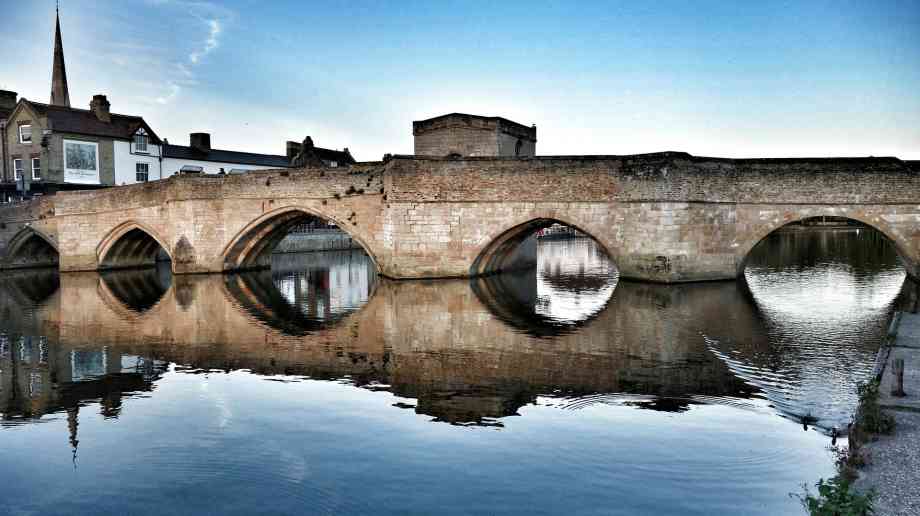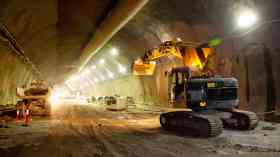Sue Robb of 4Children talks to Julie Laughton and Alison Britton from the Department for Education about the role of childminders in delivering the 30 hours free entitlement.
Towns and cities hit by flash flooding 51 times since 2007

Bright Blue has released new research revealing the impact of flooding in the UK since 2007, using a novel AI technique to unearth and analyse local, regional, and national newspaper articles.
The report collates and presents data on the real impacts of flooding and related hazards on local communities, key public services such as healthcare and education, critical infrastructure such as transport and energy, and a range of businesses across the UK by analysing archives of thousands of local, regional, and national newspaper articles since 2007. This is done using a form of artificial intelligence called Natural Language Processing (NLP).
The evidence was used to create a UK Flood Impact Map, an original interactive map of flood impacts in the UK, created in partnership with ClimateNode. While extensive, the analysis is not exhaustive, as it only covers a sample of the articles published since 2007, and not all flooding incidents will have been reported.
Bright Blue’s analysis using NLP has revealed that there have been at least 51 flash flood events in major urban areas since 2007. This includes at least ten in London, at least seven in Birmingham and the West Midlands, at least seven in Merseyside, at least six in Greater Manchester, and at least six in Edinburgh. There have also been many others in smaller urban areas.
As a result, at least 15 hospitals have experienced flooding causing disruption or imminent risk of disruption to patient services or hospital support services and at least 68 schools have suffered sufficient water entering buildings to disrupt lessons, or school transport stuck in floodwater, including 22 with at least significant damage and seven with severe damage.
Helen Jackson, Associate Fellow at Bright Blue and report author, said: “The disruption caused by Storm Arwen highlights the need to make our infrastructure resilient to extreme weather, and be more preventative and less reactive. Many towns and cities in the UK are seeing repeat episodes of flash flooding affecting households, businesses, and transport systems.
“We need to recognise this trend and do much more to ensure our urban drainage and sewer systems can cope with heavy rainfall as the climate changes. This should include limiting the spread of impermeable surfaces in our cities and ensuring basic measures like drain cleaning are not overlooked. The recent furore over sewage spills highlighted the importance of adequate drainage and sewerage systems for environmental quality – but this is not just an environmental issue, it is a public safety issue.”
Company Focus
Located in Bromley, Japanese Knotweed Eradication Ltd has been providing solutions in the treatment and removal of Japanese Knotweed (Fallopia Japonica) for over a decade. During this time we have mastered a repertoire of methods, from herbicidal treatments to landscaping solutions, tailored to address the unique challenges our clients face with this pervasive weed.
Event Diary
UKREiiF has quickly become a must-attend in the industry calendar for Government departments and local authorities.
The multi-award-winning UK Construction Week (UKCW), is the UK’s biggest trade event for the built environment that connects the whole supply chain to be the catalyst for growth and positive change in the industry.
Supplier Profiles
Geo Energy
At GeoEnergy Design, we're on a mission to disrupt the traditional way heating and cooling ha
Latest Features
Professor Harith Alani, director of the Knowledge Management Institute at the Open University explains how AI can be used for good and bad.
Alex Lawrence, head of health & social care, techUK sets out techUK’s Five Point Plan for CareTech.

















